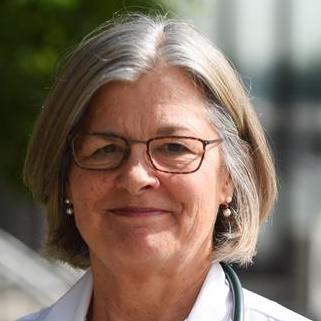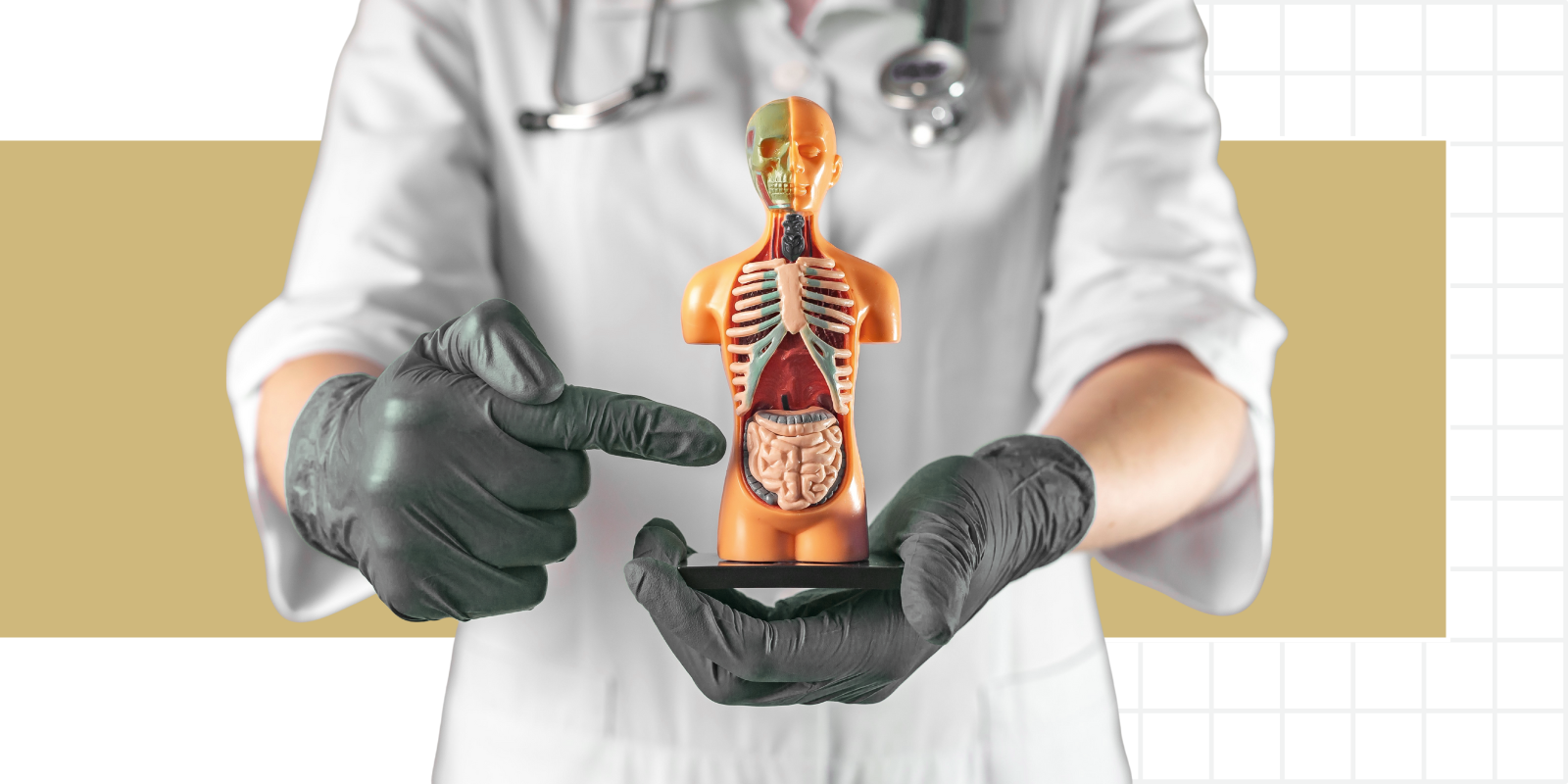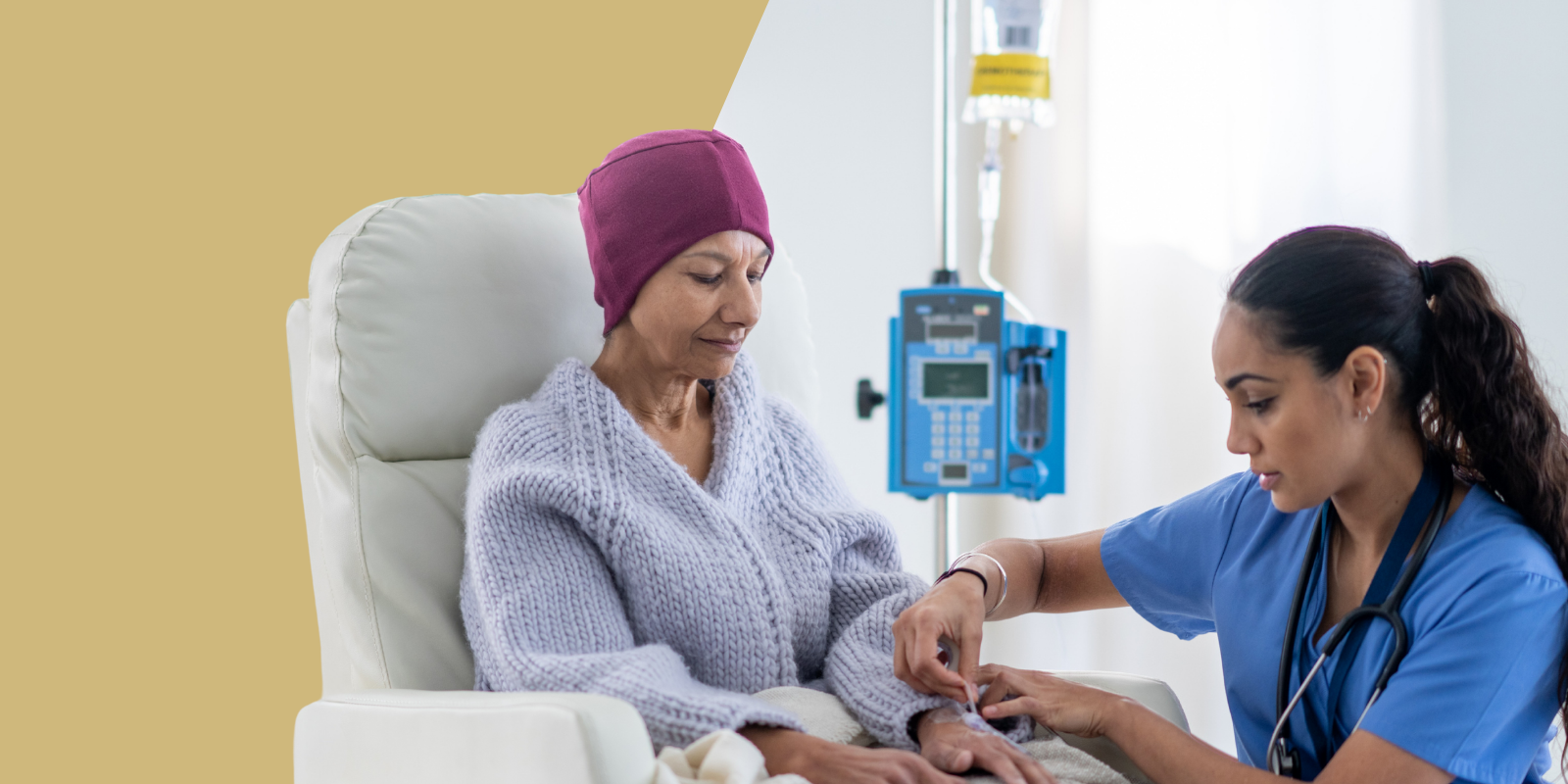Ashkenazi Jewish women have a higher incidence of mutations in the BRCA genes. What does that mean for their breast cancer risk?
About 10% of all breast cancer is hereditary. If you have an inherited risk, you are far more likely to develop breast cancer. When you look at all breast cancer, breast cancer is not more common in Jewish women. But when women of Ashkenazi Jewish ancestry have breast cancer, they have a higher likelihood of having a hereditary mutation. In the setting of a breast cancer diagnosis, Ashkenazi Jewish ethnicity on one or both sides of your family is an indication for genetic testing. Healthy women of Ashkenazi Jewish descent may choose genetic testing in order to take steps to prevent the cancers that are associated with those mutations. Cancer-risk mutations in other genes associated with hereditary breast cancer should also be evaluated at the same time.
What steps can you take to prevent those cancers in people with these mutations?
It depends upon the mutation. With respect to breast cancer, the primary modes of prevention are prophylactic mastectomies or consideration of chemoprevention therapy (for example, tamoxifen). Removal of ovaries, primarily used to prevent ovarian cancer, also serves as a strong prevention for breast cancer development and is typically considered after completing childbearing. Ovarian cancer can be prevented by removing both fallopian tubes and ovaries or chemoprevention therapy (in this case, use of oral contraceptives). High-risk screening doesn’t prevent breast cancer but can improve the likelihood that if a cancer develops, it is diagnosed early when it is highly curable. This screening is associated with improved survival. Screening is less effective in detecting ovarian cancer at an early stage. Clinical trials might be available for some patients.
Is the genetic test a blood test?
Yes, it is a simple blood test, but we think it’s important to make sure people get counseling before they get that blood test and understand what the implications of testing might be. You could test positive for one of the mutations, or you could test negative, then we have to go back to your family history. If you test negative and you have a family history of breast cancer, then you still may be at elevated risk.
So you can be at risk for breast cancer even if you don’t have BRCA mutations?
Eighty percent of all breast cancer develops in women without an identified gene mutation or concerning family history. If you don’t have the mutation, but you have a family history, then your risk of cancer depends upon your family history and other factors such as breast density, when you started menstruating, if you have taken hormone replacement therapy — all the other factors that put average women at risk, as well.
Do we know why women with Eastern European Jewish ancestry are at higher risk for these mutations?
At some point long ago, the Jewish population in Eastern Europe shrank dramatically (likely due to an infectious disease in the Middle Ages) and by chance left the surviving population with a coincidental increased proportion of having the BRCA gene. This surviving Jewish community with a new increased prevalence of the BRCA gene tended to marry within the community, preserving the increased rate within. In a publication I helped to write in 2003, we did some testing and found mutations similar to those found in Jewish individuals, in non-Jewish families residing in the San Luis Valley in southern Colorado. Some Jewish individuals moved from Israel to Spain, then went into hiding, then crossed over to Mexico, and then came up into the San Luis Valley. Many of them died off because the conditions were so rough, but once the conditions improved and the population expanded, those mutations became more prevalent.
What is your advice to someone with Eastern European Jewish ancestry who is concerned about their cancer risk?
I would say know your family history of cancers (age, type of cancer) and talk to your primary care provider to see if genetic counseling and potentially genetic testing is for you.





